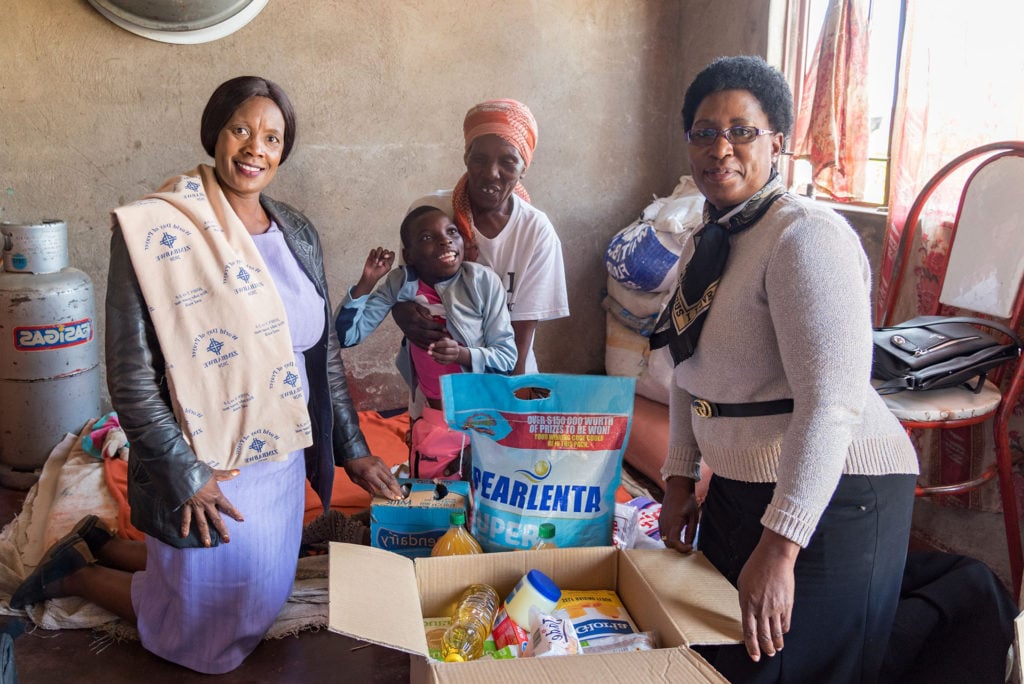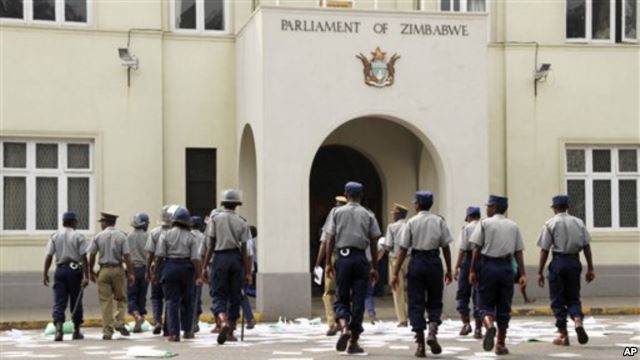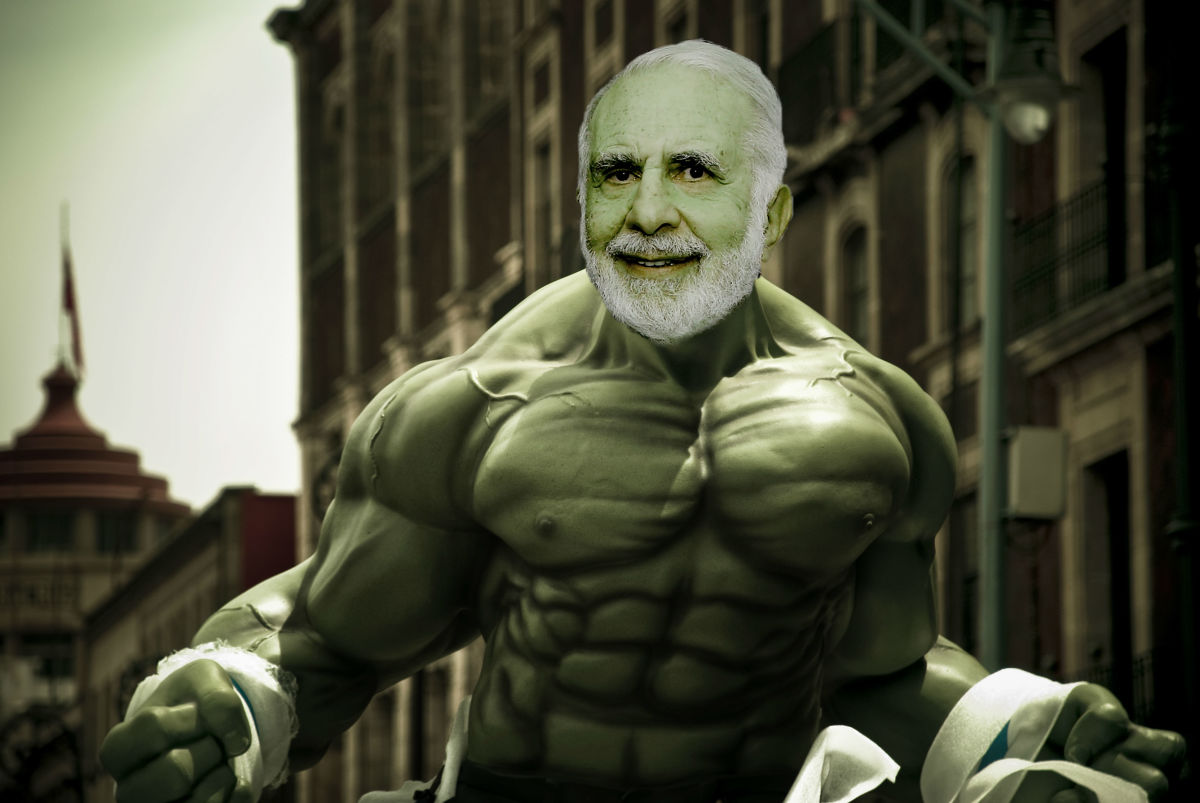
The fearless leader of my firm, Balestriere Fariello, is a self-described trial attorney. My first day on the job, he took me out for a coffee and told me about the work I would embark upon, and, more importantly, he told me that our team handles every case from the outset as though it will go to trial. To be fair, our firm litigates — to arbitration, mediation, trial, or appeal — the vast majority of its cases. As such, I suppose I must now self-describe as a trial lawyer, too. I am learning very quickly what that means.
As any litigator knows, preparing for trial, hypothetical or actual, comes with a plethora of challenges. One such challenge is that trial attorneys do not prepare for said trials in a vacuum or on their own — they prepare with a team. Even our leanest of trial teams consists of a lead attorney, an associate, and an analyst, or paralegal. The more people on a team, the more critical efficient workflow becomes, and this begins at the top. “The top of what?” you may wonder. That brings me to another challenge — there are two “tops.” Twin peaks, if you will.
The first peak is the top of the case itself — the theory of the case. The theory of the case is the driving force that informs every aspect of trial strategy, from client discussions to legal research to review, organization, and utilization of evidence. A wise professor in a white-collar investigation class once told me that the first thing to do in any investigation is to write down what you think happened — the theory of the case — and then get to work on figuring out the details. This pearl of wisdom applies to preparing for trial as well. A client walks in, tells their story, and, even before deciding to take the case, the listening lawyer starts to stitch together a theory of liability (or, if you’re defense-side, a theory of how to avoid it). If you cannot come up with a theory, the odds are there’s no case at all. And all work product in preparation for trial from that moment on is in service of fine-tuning and bolstering that theory — climbing to the peak, if you’ll continue the metaphor with me.
The second peak is the top of the team, the lead attorney. And that brings us back to nobody preparing for trial in a vacuum. The lead attorney at the top of the peak has command responsibility for ensuring the trial team reaches that other peak and proves the theory of the case. As such, communication is key, and efficient methods of communication are invaluable. Every firm has their own system in place for this, but I imagine every firm would agree — establishing a pattern for regular check-ins with the entire team working on any given trial cannot be underestimated. And this must be tailored to the communication style of the lead attorney, who must pull all the work product together come trial time to prove the theory of the case. My team, for example, without fail, has biweekly check-ins from the partner level down to the paralegals, Mondays and Fridays. As a case develops, and as trial looms near, we even reach daily evaluation of trial preparations — whether they be a regulated set of emails and replies or ticking boxes on a shared and synced to-do list. I’ve found workplaces to be most efficient when the top of the trial team peak chooses and enforces a communication style at the outset of a case, as the rest of the team looks up to the top of that peak for direction. As each team member is a different moving part, consistency in communication from the outset saves time down the line, and any new team member can pick up where any other leaves off.
Other metaphors work here, too. Trickle-down trial prep, top-down trial strategy, but I’m partial to a good media reference, and I’ll leave you with one more. At the base of both each of the twin peaks is, of course, a damn fine cup of coffee.
Megan E. McKenzie, a recent graduate of Georgetown University Law Center, works at Balestriere Fariello while her admission to the bar is pending. She works with her colleagues on all aspects of domestic and international complex litigation, arbitration, appeals, and investigations. You can reach her by email at megan.e.mckenzie@balestrierefariello.com












 Kathryn Rubino is a Senior Editor at Above the Law, and host of
Kathryn Rubino is a Senior Editor at Above the Law, and host of 
 Jordan Rothman is a partner of
Jordan Rothman is a partner of 


